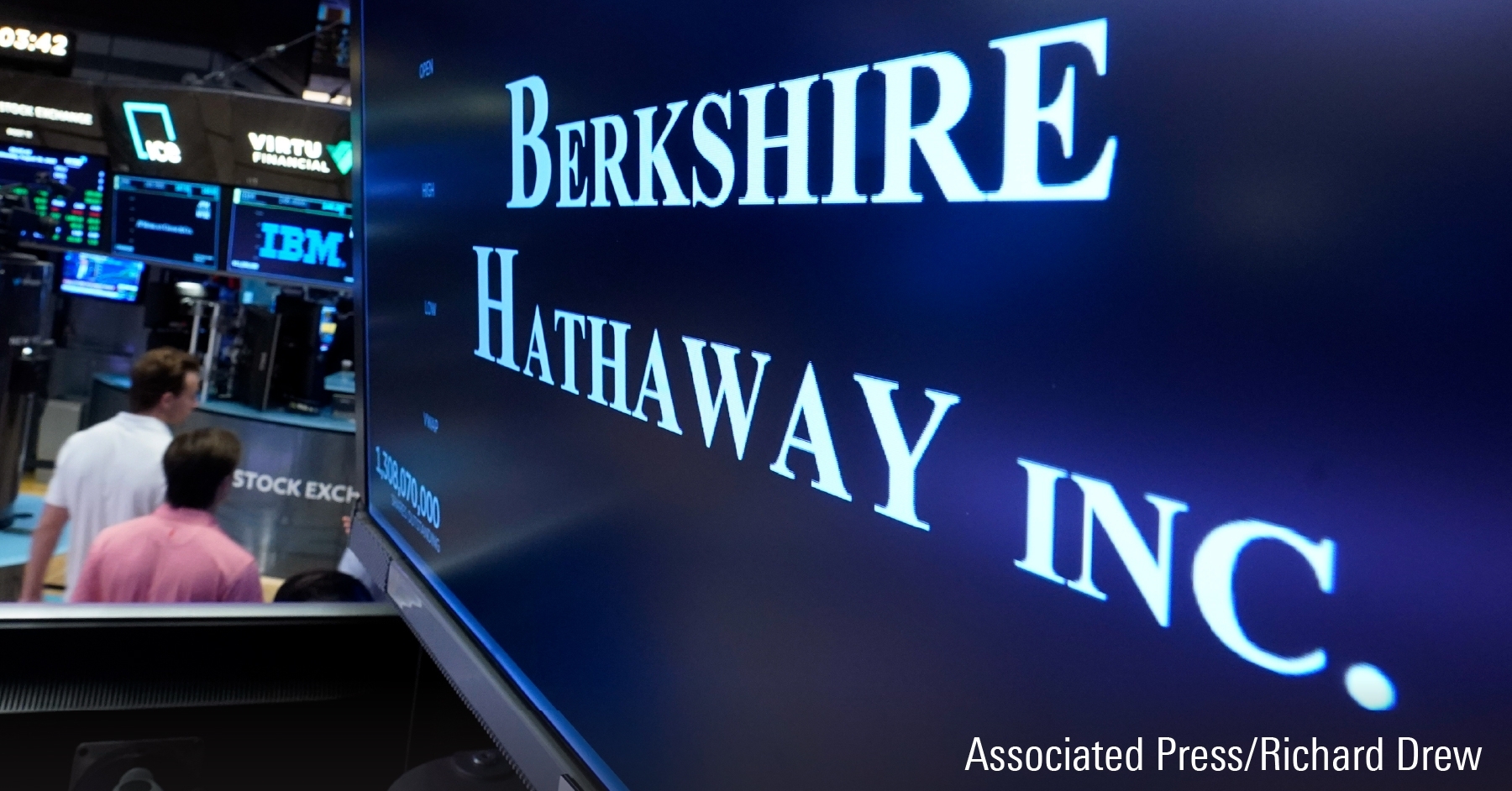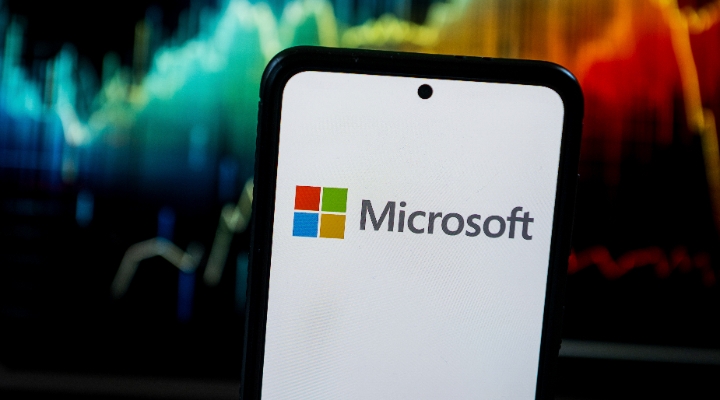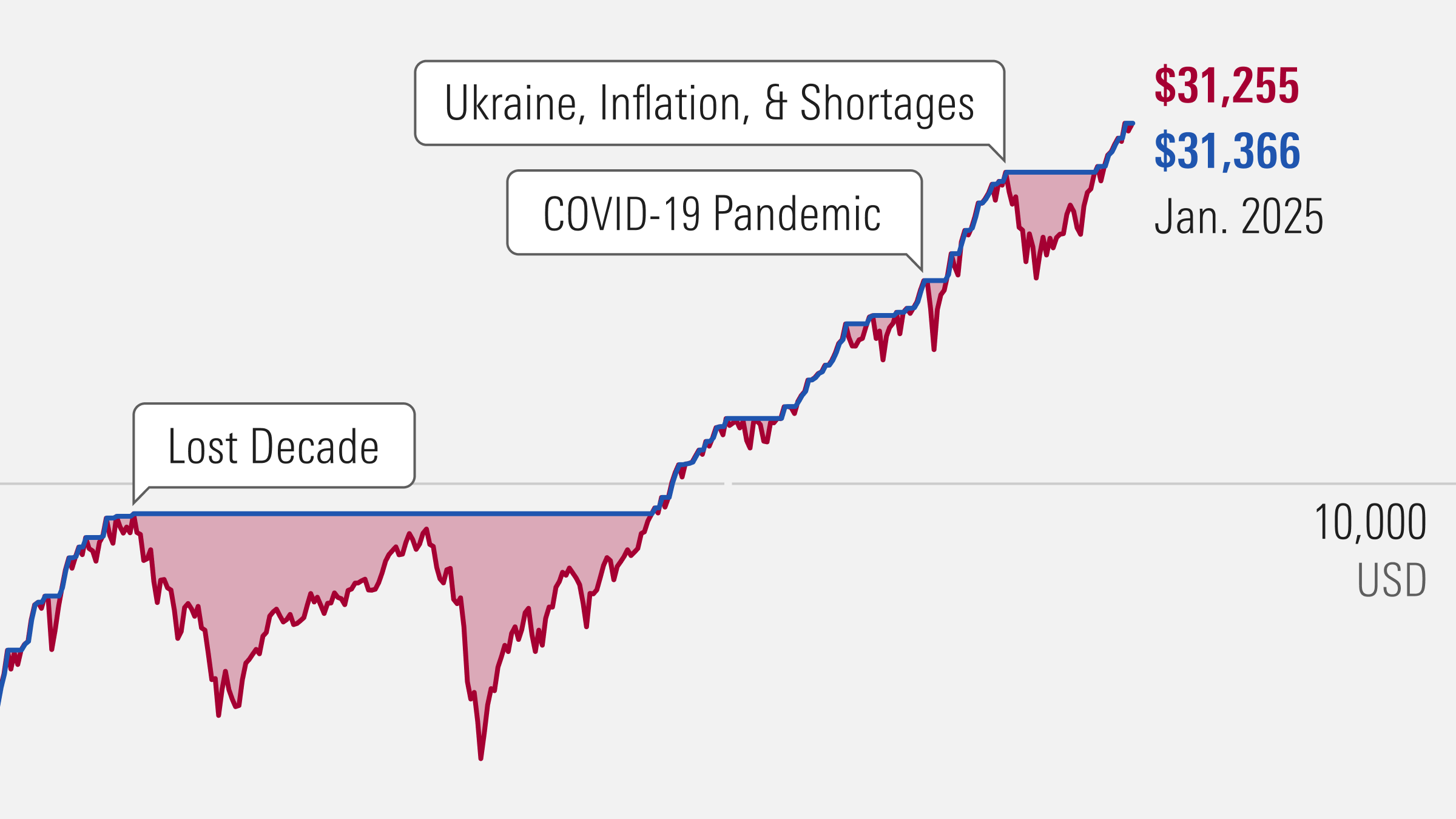Toshiba has decided to implement a company split of its memory business by March 31, 2017. The purpose of the split is to: 1) enable flexible management of NAND flash business, which requires rapid decision-making and heavy investment; and 2) enhance Toshiba’s capital, which is expected to be severely damaged by the possible impairment of goodwill on nuclear power business. The company is considering a capital injection from a third party, which is less than 20% of the memory business. We forecast this year’s operating profit from NAND flash memory to be JPY 160 billion, while Toshiba’s total operating profit is JPY 250 million (excluding possible impairments of goodwill), which implies Toshiba needs to keep control of the business. Overall, we assess that this decision is reasonable, as urgent action is necessary to avoid capital deficit by the end of this fiscal year. On the other hand, Toshiba mentioned that the amount of goodwill impairments and the future action plan for the nuclear power business will be announced on Feb. 14, suggesting a withdrawal from plant construction in overseas markets to control risks. We retain our fair value estimate of JPY 330 and keep our uncertainty rating as extreme [med ekstrem usikkerhetsrating vil Morningstar Rating settes til 3 uavhengig av Fair Value estimat og aksjekurs, red.anm], since we are not yet able to make a reasonable assumption of the potential underlying share base of the company.
To recap, Toshiba’s shareholders’ equity by the end of September 2016 was JPY 363 billion, and we were anticipating that the net income of this fiscal year would exceed JPY 150 billion (excluding the impairments). Our base-case scenario assumes the additional impairments of JPY 300 billion, but recent news suggests the loss may reach JPY 700 billion, as a result of assessing ongoing projects of nuclear reactors in the United States, and expecting to start the operation around 2020, which was originally planned around 2016. Therefore, we consider that support by banks is necessary, as well as third party injection to NAND flash memory business.
We believe at the earnings briefing on Feb. 14, it will be quite important to assess the future of Toshiba, as the company will announce the loss of impairment and future action plans of the nuclear power business. Since the purchase of Westinghouse in 2006, this arm has been fairly uncontrollable from management, raising optimistic sales targets even after the drastic change in the surrounding environment. Toshiba suggests the topics of the meeting regarding nuclear business will be: 1) determining the amount of impairment loss; 2) replacing existing Westinghouse management and directly controlling it from headquarters; 3) withdrawing plant construction business in overseas locations; and 4) redefining the future business area. We understand these reforms will contribute to limiting the future risk of nuclear business, and improving the corporate governance of Toshiba.
Notatet ble først publisert på Select.morningstar.com 29.1.2016.
The conduct of Morningstar’s analysts is governed by Code of Ethics/Code of Conduct Policy, Personal Security Trading Policy (or an equivalent of), and Investment Research Policy. For information regarding conflicts of interest, visit http://global.morningstar.com/equitydisclosures
The primary analyst covering this company does not own its stock.
Research as of 29 Jan 2017, estimates as of 16 Jan 2017, pricing data through 27 Jan 2017, Rating updated as of 27 Jan 2017.






















